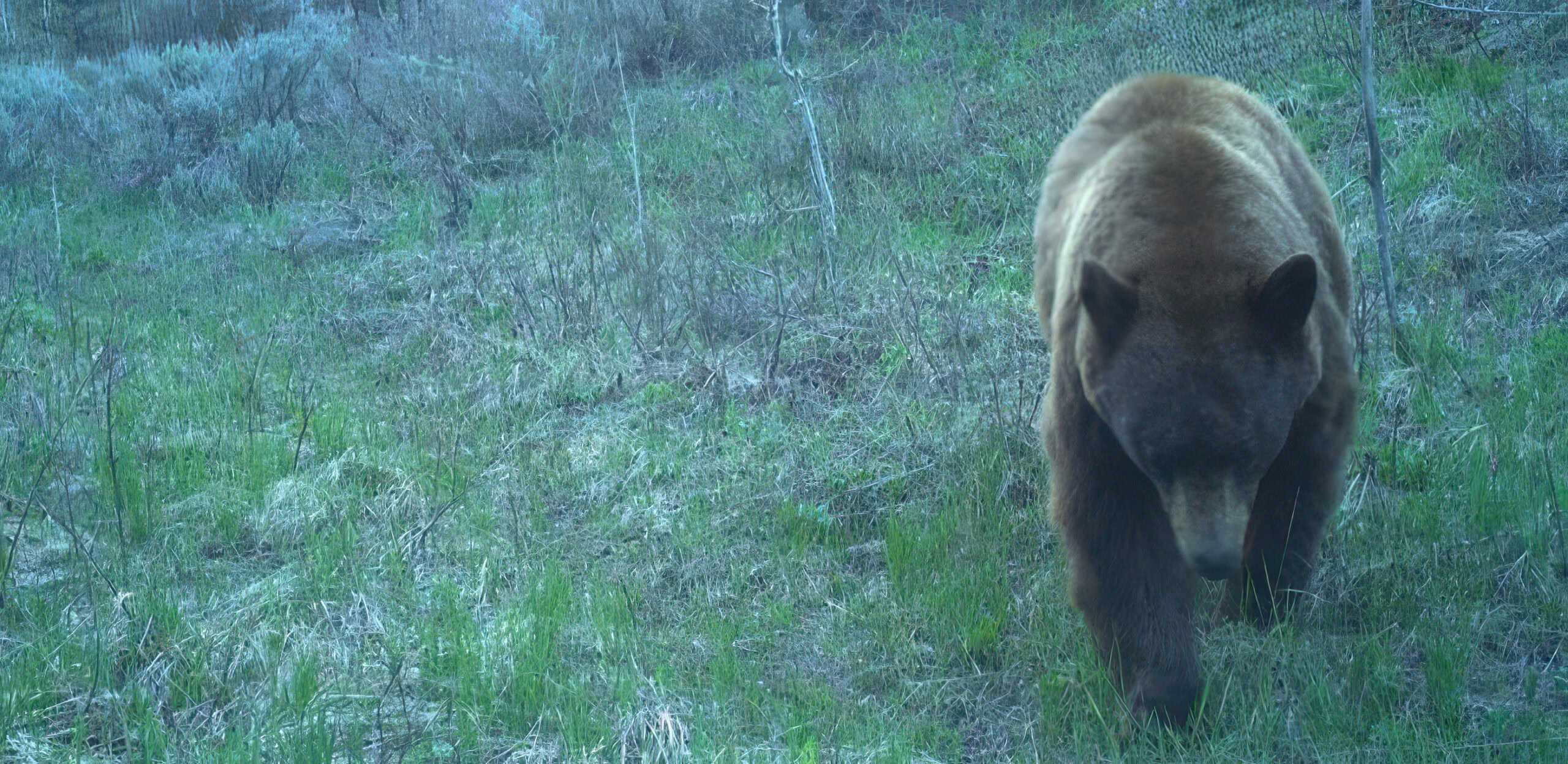Share this article
TWS Position Statement: Environmental Quality through Resource Management
Back to Position Statements page
Demands that human societies make upon the earth and its biota may result in environmental change. Few areas on earth have escaped the influence of mankind. Many ecosystems have been exploited for immediate monetary profit rather than managed for sustained biotic yield. Careless or excessive exploitation of natural resources often has led to unnecessary degradation or alteration of habitats of wild plants and animals. Environmental degradation may reduce quality of human life by reducing diversity, productivity, and aesthetic values of the land.
A policy of conserving plant and animal resources may maintain or reestablish naturally functioning biotic communities. However, demands of our growing human population for housing, food, recreation, and marketable products, coupled with increasing consumption rates in many parts of the world, limit the amount of land that can be dedicated to wild areas. On lands used intensively by humans, biotic communities may be highly productive, but usually lack the diversity and aesthetic qualities of unaltered communities.
Applying sound land and water management practices on altered lands can provide habitats for some plants and animals that otherwise would not exist in close association with human activities. Professional resource management practices also can enhance populations of plants and animals that are desirable for consumptive use, aesthetic values, and ecosystem function.
The Wildlife Society recognizes that mankind’s increasing use of land and associated resources may degrade natural environments. It also recognizes that environmental degradation may be reduced if areas used by humans also are managed to maintain their biological diversity, productivity, and aesthetic values. Thus, the continued well-being of humankind, and the earth’s other living natural resources, depends upon healthy environments maintained through skilled management of resources.
The policy of The Wildlife Society in regard to environmental quality through resource management is to:
- Encourage development and application of scientific management techniques to reduce environmental degradation and to reclaim and restore degraded ecosystems.
- Support and strengthen use of scientific management to maintain or enhance plant and animal populations for consumptive use or appreciation by humanity.
- Foster research designed to clarify the complex biotic relationships of ecosystems.
- Encourage development and dissemination of information that will improve public understanding of benefits that accrue from scientific management of ecosystems.
Environmental Quality through Resource Management Position Statement pdf








